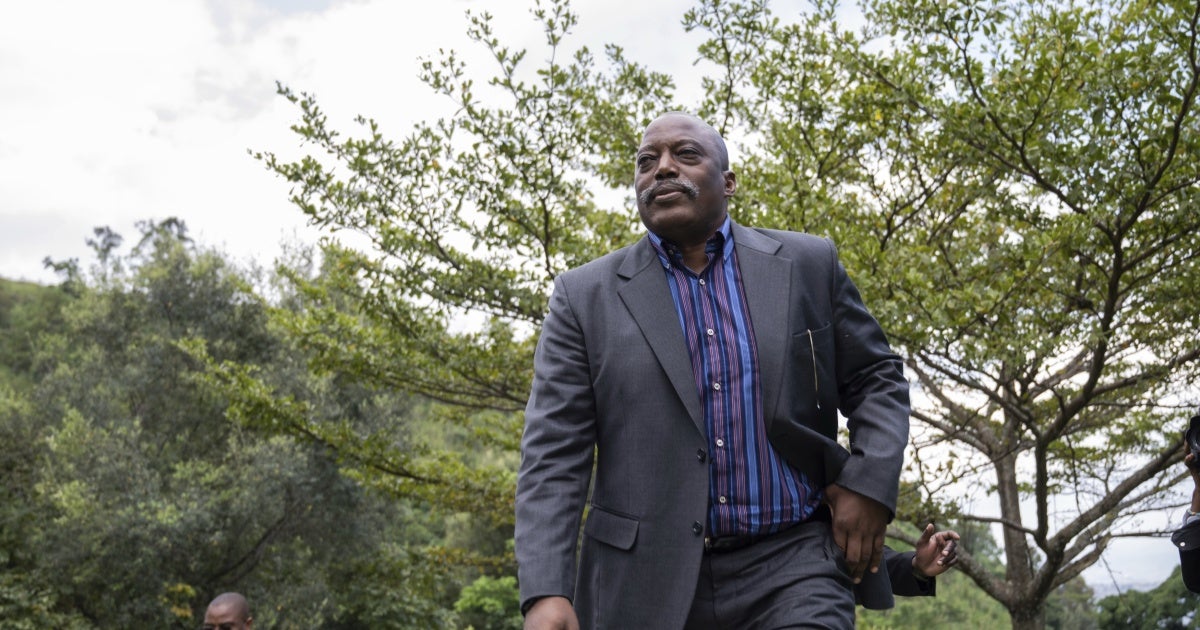Last week authorities in the Democratic Republic of Congo imposed a 90-day ban on any media coverage of former President Joseph Kabila or his party in response to his recent statements and visit to the country’s embattled east after he returned to Congo from exile.
Kabila led the Congo for 18 years after succeeding his father, Laurent-Desiré Kabila, who was assassinated in 2001. Joseph Kabila’s presidency achieved some important progress, but was marred by serious human rights abuses. As he clung to power past the constitutional two-term limit, Kabila increasingly resorted to violence and repression.
Before returning to Congo in late May, Kabila broadcast a speech on YouTube criticizing current President Félix Tshisekedi and proposing peace plans in the east. He has since been holding consultations in Goma, which is controlled by the Rwandan-backed M23 armed group. After he finally stepped down in 2019, Kabila was given the title of “senator for life,” a constitutional provision granting him broad immunities. But last month, the Senate stripped him of immunity for treason charges, paving the way for his prosecution for allegedly backing the rebels.
Congo is facing its most acute crisis in years. The M23 occupies the eastern provincial capitals Goma and Bukavu, and has committed numerous war crimes. In response, the Congolese government has provided financial and military support to a coalition of abusive militias, and risks being complicit in their war crimes.
But what Congo desperately needs during this difficult time is greater respect for human rights, not less.
Since the conflict escalated in late 2024, the government has threatened action against journalists covering it. The authorities suspended international journalists for reporting on “alleged advances of terrorists” and authorities have warned that journalists who share information about the M23 and Rwandan forces could face severe legal consequences, including the death penalty.
Congolese authorities once tolerated public criticism, if often unhappily. Now the restrictions on the media are tightening. Journalists have a free expression right to cover Kabila’s return, and the Congolese people have every right to debate his role in the country. The authorities should recognize that banning his media coverage will surely backfire: after all, one way to draw people’s attention to Kabila is to forbid them from hearing about him.




